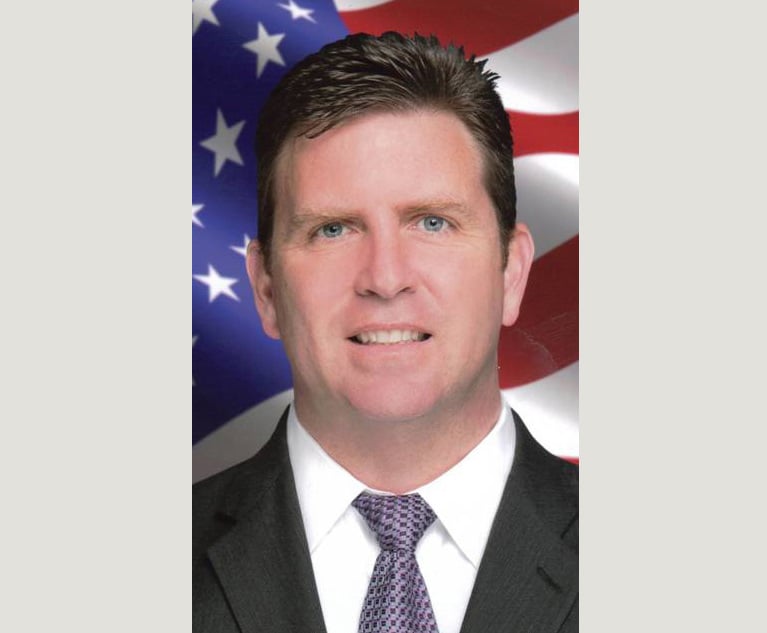The prevalence of the COVID-19 coronavirus raises many issues for condominium associations. Florida’s enactment of extensive condominium emergency powers was intended to address hurricanes, and yet it now becomes a tool for associations to manage threats posed by a global pandemic. Similarly, guest and rental policies (and their enforcement) have health impacts that have likely never been considered before. In an indirect way, COVID-19 also has us considering another novel issue for associations: the implementation of fingerprint biometric systems in condominiums.
While, the hygienic arguments for and against using fingerprint biometric systems may be outside of our strike zone, associations that utilize biometric systems must now contemplate how such concerns can be addressed (i.e., through maintenance protocols, hand sanitizer or other means). But how should condominium associations implement biometric systems given the undecided legal landscape of data collection and privacy concerns?


 From left, Jonathan Goldstein and David Podein, Haber Law, Miami. Courtesy photo.
From left, Jonathan Goldstein and David Podein, Haber Law, Miami. Courtesy photo.




